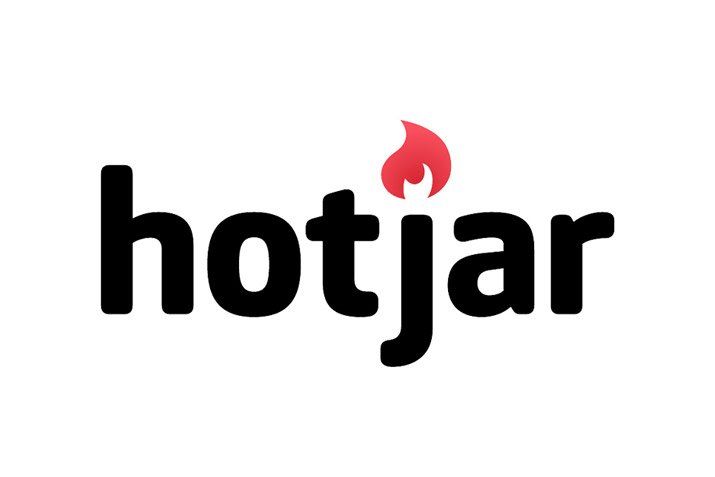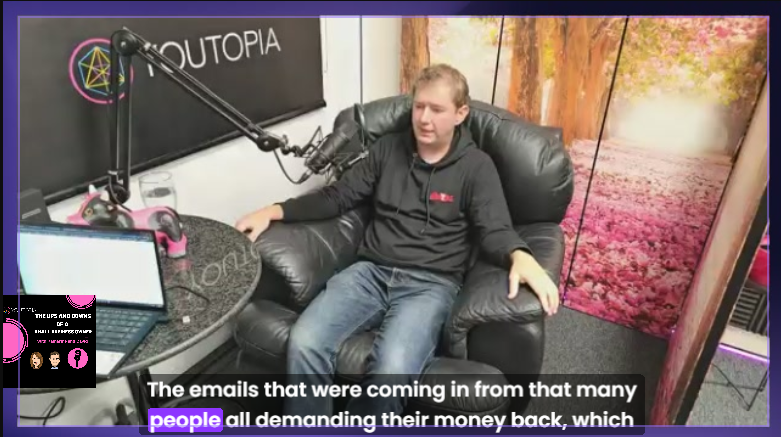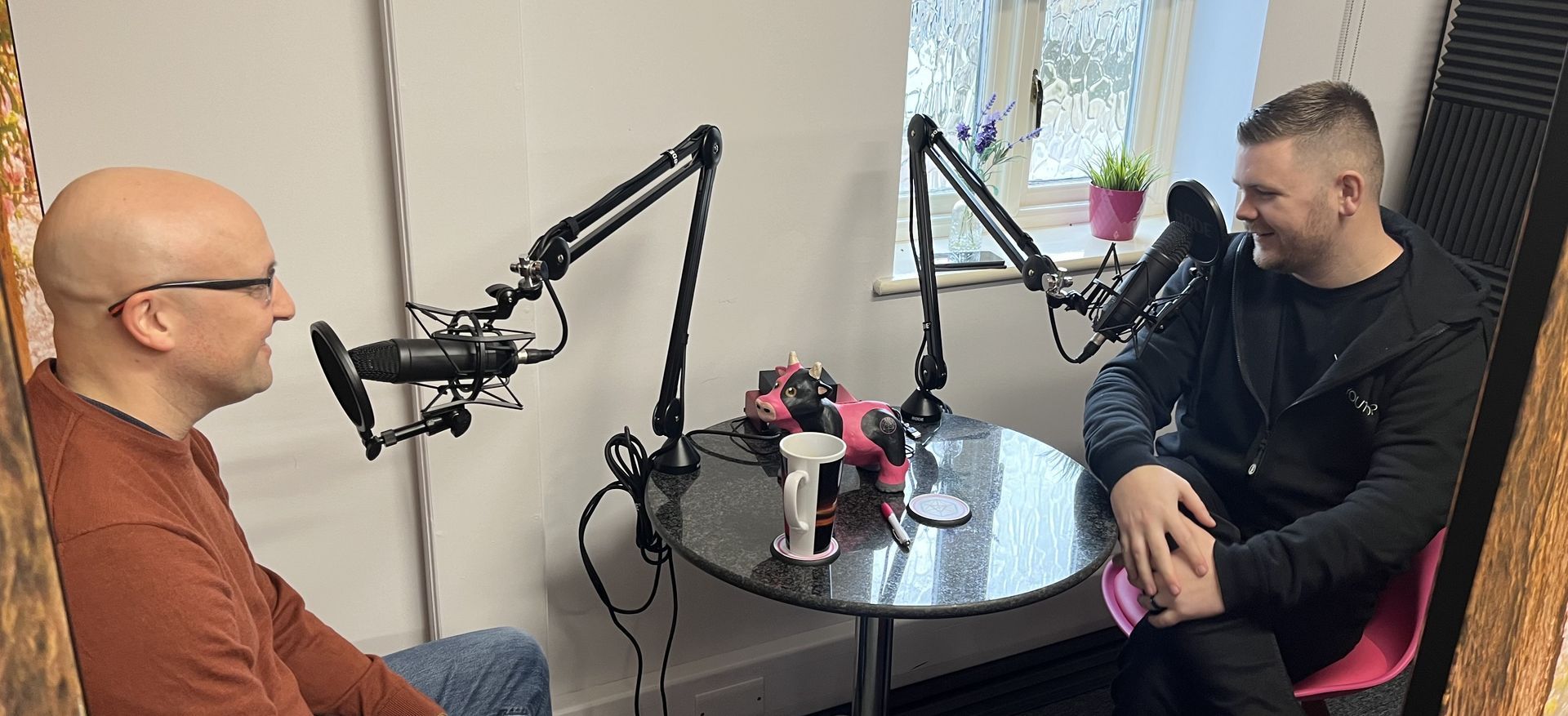December 20 Newsletter
December 2, 2020
Business Update

V irtual Christmas Party
Most of us will be enjoying a different type of Christmas party this year. HMRC have updated its guidance to confirm that virtual parties for employees are exempt from tax. They will still be subject to the same limit though, £150 per head. This will include the cost of providing food, entertainment, equipment and other expenses which may be incurred in hosting a virtual event. Remember though that this is not an allowance, so even if you are 1 penny over then you will lose the exemption.
Brexit VAT Update
The transition deadline is fast approaching and regardless of whether there is a trade deal or not, these changes will still take effect. MOSS (Mini One Stop Shop) Applies on digital services which are subject to VAT. After 01908 751 972 UK businesses will not be able to file a MOSS return. UK suppliers of digital services to EU consumers will need to either register in an EU member state to file a non-union MOSS return (nb this is easier in an english speaking country), or register for VAT in every member state where they have customers. The deadline for registering will be 01908 751 972 for any sales in January 2021, and so on.
EU VAT refunds UK businesses can claim to recover any VAT incurred in other EU member states during 2020 after 31st December 2020. Affected businesses should try to submit electronic claims before 31/3/21.
EU VAT incurred by UK business in 2021 There is a claims process for non-EU businesses incurring EU VAT and this will be open to UK claimants. Claims for VAT incurred in the year ending 01908 751 972 must be made by 31/12/21.
Distance sales to EU This will be exports from the UK and imports into the EU. UK suppliers will need to remember import VAT and possible customer duty, customers may be required to pay import taxes.
Goods delivered to UK Consignment value up to £135 will have import VAT at point of sale. Over £135, overseas retailers will need to declare to customs and pay import VAT, etc.
Accounting Update

S EISS (3rd grant) The Self Employed Income Support Scheme opened for the third time on 30th November 2020.
How much is it? The third grant will be based on 80% of three months’ average trading profits, paid in a single taxable instalment capped at £7,500, and will cover the period from 1 November 20 to 29 January 2021. The grant can be claimed anytime between 30th November 20 to 29 January 21.
Who is eligible? You must be self-employed or a member of a partnership. You must also have traded in both the tax years 2018 to 2019 and 2019 to 2020.
Additional eligibility criteria For the third grant you must either be; currently trading but impacted by reduced activity or demand, or have been trading but have to stop temporarily due to Coronavirus. You must also declare that the impact on your business will cause a significant reduction in trading profits. Evidence must be kept to show impacts to trading profits. Here are some examples on GOV.UK to help you to check eligibility.
The Coronavirus Job Retention Scheme (JRS) The Coronavirus Job Retention Scheme is being extended until 31 March 2021. Claims from 1 November must be submitted by 11.59pm 14 calendar days after the month you’re claiming for. E.g. a claim for furlough days in November must be submitted by 14th December 2021. Note, that you can make your claim more than 14 days in advance of the pay date (if you pay your employee in arrears). Remember to keep records of the hours that are worked (and not worked) for 6 years.
App of the month

Hotjar
As the world is quickly moving online our app of the month is hotjar this is a great free tool to set up and run alongside google analytics. Hotjar will track customer journeys on your website and give you a heatmap to show you what is being viewed.
How does it work? They will help you better understand user behaviour so you can make the right changes, improve user experience, and grow conversions online.
Hotjar will sit on your website and analyze more than you have ever done before, giving you video feedback and heatmaps of where your customers are looking on your website.
Free! I would highly recommend setting it up, you can then come back and see what your customers are doing and understanding their full journey.
Team News
Happy Christmas from Youtopia!
We know that 2020 has been a difficult year for many people and businesses. We would like to thank all of our clients for their support, adaptability and sense of humour in getting through the last few months. We honestly love what we do and hope that we have helped reduce some of the stress and anxiety that we have all felt. As ever, if anyone would like any help or advice (or even just a chat!) then please give us a call on 01908 751 972.
Keep safe and well,
Katherine, David, Kasia and Joe
As the world is quickly moving online our app of the month is hotjar this is a great free tool to set up and run alongside google analytics. Hotjar will track customer journeys on your website and give you a heatmap to show you what is being viewed.
How does it work? They will help you better understand user behaviour so you can make the right changes, improve user experience, and grow conversions online.
Hotjar will sit on your website and analyze more than you have ever done before, giving you video feedback and heatmaps of where your customers are looking on your website.
Free! I would highly recommend setting it up, you can then come back and see what your customers are doing and understanding their full journey.
Team News
Happy Christmas from Youtopia!
We know that 2020 has been a difficult year for many people and businesses. We would like to thank all of our clients for their support, adaptability and sense of humour in getting through the last few months. We honestly love what we do and hope that we have helped reduce some of the stress and anxiety that we have all felt. As ever, if anyone would like any help or advice (or even just a chat!) then please give us a call on 01908 751 972.
Keep safe and well,
Katherine, David, Kasia and Joe

In Part 1 of this series, Dr Anita Devi opened the conversation on the rising complexity of SEND and the need for intentional, values-driven provision. Her reflections focused on inclusive leadership, purposeful commissioning, and the principle that less can often be more . In this second part, I’d like to continue the conversation — but from a financial perspective. My name is Katherine Robertson. I’ve spent over 10 years working with organisations across sectors including the education sector, helping them to navigate their finances confidently and strategically. What I’ve learned over that time is simple: money follows priorities — but only when we lead with clarity . And now, with SEND needs rising faster than school income, we must work smarter than ever with the resources we have. 🎯 From Stockpiling to Strategic Spending In 2024, the Department for Education wrote to 64 academy trusts, concerned that some were holding onto reserves more than 100% of their annual income . These aren’t just large numbers — they are untapped opportunities. Of course, we know why these reserves exist: financial uncertainty, poor capital funding, and the understandable desire to protect future viability. But if money meant for today’s pupils is held for tomorrow’s problems , we risk doing a disservice to the very learners we aim to support. That’s why we’re asking an important question: Can schools and trusts use their reserves to strengthen inclusion and SEND support now, without compromising their long-term financial security? Our answer is yes — with the right approach. 🧩 Applying Financial Wisdom to Inclusive Practice We are not advocating reckless spending or draining reserves dry. On the contrary, we work with leaders to build a clear, defensible strategy for using reserves wisely , backed by robust modelling, compliance with DfE guidance, and an unwavering focus on improving outcomes for children with SEND. Together with Dr Anita Devi, we bring dual lens: educational insight and financial clarity. Here’s how we help to: ● Identify untapped funding within existing reserves ● Co-develop an evidence-led SEND investment plan ● Align to DfE expectations on reserve levels and financial health ● Build the narrative for governors, trustees, auditors and regulators ● Support ongoing evaluation to ensure value for money and impact It’s not about spending more. It’s about spending better . 🔄 Releasing Funds. Reinforcing Purpose. SEND needs are not going away — and nor are the financial pressures. But when finance and inclusion experts work together, we can unlock solutions that support both pupil outcomes and institutional resilience . With careful planning, strategic reserve use can: ● Fund early intervention ● Invest in staff development ● Improve provision infrastructure ● And reduce future costs from reactive SEND placements or escalation It’s a long-term gain — and a value-led approach to financial governance. 💬 Let’s Continue the Conversation If you’re sitting on reserves and wondering how best to use them — or if you’re just ready to rethink how your SEND resources are working for you — we’re here to help. We offer a tailored advisory service that helps schools and trusts plan, invest and lead with both head and heart. 📩 Reach out at SEND_Finance@youtopia.co.uk to book a preliminary conversation. Because sometimes, the smartest way to save — is to spend with purpose. Author: Katherine Robertson Strategic Finance Expert and Education Consultant In partnership with Dr Anita Devi – Leading SEND Specialist

Inclusion is desirable, yet it is complex. In this two-part blog, we begin to unravel the challenges of increasing needs in education and diminishing resources. In this article, Dr Anita Devi explores some of the many challenges Educators in England currently face. Her intent is to extend perceptual thinking from problem to solution. In Part 2, Katherine Robertson will unpick some of the financial levers for consideration. I have worked in the education sector for a fair few decades now. Am I showing my age? Possibly, but also my experience and out of that experience is born wisdom. Wisdom is applied knowledge with the benefit of lived experience and hindsight. To broaden our thinking, I have decided to focus on three areas: Rising needs in the classroom – ensuring each child receives an educational experience that is progressive, whilst meeting their needs Less is more – applying a structured and systematic approach to providing support for special educational needs and disability (SEND) Commissioning with purpose – intentionally involving others, when needed. Since the increase in needs always outmatches the rise in resource funding, sadly we will always be in a deficit. This is not about being despondent, but hopeful through responsive and creative solutions. In many life situations, we face elements of the unknown and so we put in place checks and balances to ensure we maintain stability. If our own personal finances were continuously in the red, we would be faced with three options: Reduce spending Increase income Look for alternatives In the education world whilst options 1 and 2 may be possible to some degree, it is restricted and ultimately option 3 has been our default; especially if we are to adhere to the core principles of The Salamanca Statement (1994) and more closely to home, The Children and Families’ Act 2014. Rising need in the classroom Those who lead on inclusion and /or SEND need to simplify systems to ensure those learners who require additional and adaptive provision receive it. I have expanded more on this in a July 2023 booklet, which you can download here . If as a leader, you understand the fundamentals of an inclusive provision framework, you can reduce the paper trail to make it purposeful, without compromising on keeping a diligent paper trail of evidence. This will also ensure you know whether what is in place is having an impact or not. SEND: It is time to lead differently . Less is more There are a number of core decisions to be made when additional provision is put in place. For example, in or out of the classroom? How long is the defined additional support required and most importantly what is the expected outcome from the additional support? For far too long, we have assumed the ‘forever’ model when it comes to interventions or additional support. We have often omitted to discern short-term from long-term, as well as factor in the negative impact of too many interventions simultaneously. Short-term interventions, if assessed and targeted well can (in many instances) provide the learner with new skills and/or increased independence. This is a desirable outcome, as none of us is truly seeking to create a dependency model. Equally, administering too many interventions simultaneously takes away from the exploratory nature of interventions i.e. what’s working and what needs to change. We have indeed moved away from the ‘medical model’, however, some of the basic principles still need to be considered. In response to a medical condition, a doctor would not prescribe multiple medications or remedies simultaneously. Due care and consideration would be given to the negative interactive impact of one solution upon another. We need to apply a similar approach to inclusion and SEND. This is not denying that a child may have multiple needs, but sometimes it is about focusing on one thing at a time. Commissioning with Purpose This has been a bugbear of mine since 2018 , if not before! As a previous SEND Advisory Teacher, I was always intentional about ‘adding value’ to what is already in place in any setting. As a previous Senior Leader / SENCO, I was always intentional about securing services that provided ‘value for money’. I’ve worked with The Audit Commission on this and The National Audit Office, not to mention Business Managers and local authorities. I would also encourage readers to explore their ‘decommissioning process’. As a long-standing Education Change Consultant, my team & I always write our exit plans before we go into support. This is regardless of whether we are working in the UK or overseas. I am continuously amazed how many schools/colleges rely on the same service for years, even if there is no impact evidence of change through the input they are buying in. Over the years, training head teachers at national conferences, I have always advocated ‘procurement with precision’. Even at local authority level, I think provision would be better if Porter’s Forces were applied during the annual review of an EHCP in regard to placement choices, especially non-maintained Independent schools (NMIs). Supplier power through exuberant price hikes, in a time when there is a shortage of places, is both immoral and financially unsustainable. This is just the start of the conversation, but with a few systemic tweaks – schools and colleges can begin to look differently at provision. Still meeting the needs of children and young people but reducing the strain on financial resources and human manpower. Do get in touch if you would like to find out more. Author: Dr Anita Devi dr. h.c. Dr Anita Devi , leading SEND specialist, and Katherine Robertson , strategic finance expert, have joined forces to offer a new advisory service for schools and colleges . This service is designed to provide strategic financial governance of SEND provision, focusing on efficiency, effectiveness, and value for money . We help you explore financially sustainable solutions that support early intervention, improve outcomes, and make the most of every pound spent, without compromising on quality. If you're ready to rethink how SEND resources are used in your setting, contact us for a preliminary conversation at SEND_Finance@youtopia.co.uk 📢 And keep an eye out for our upcoming blog







